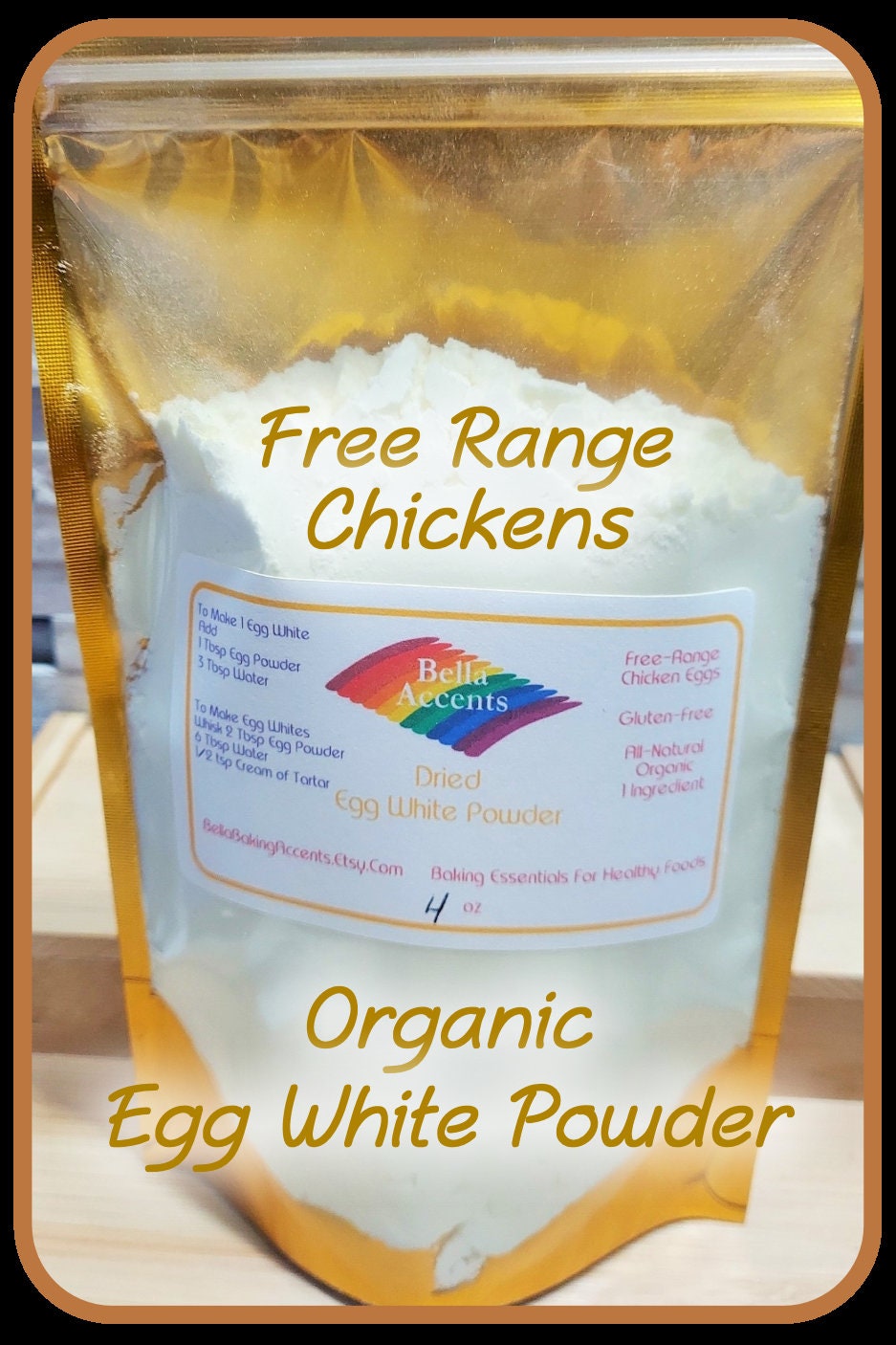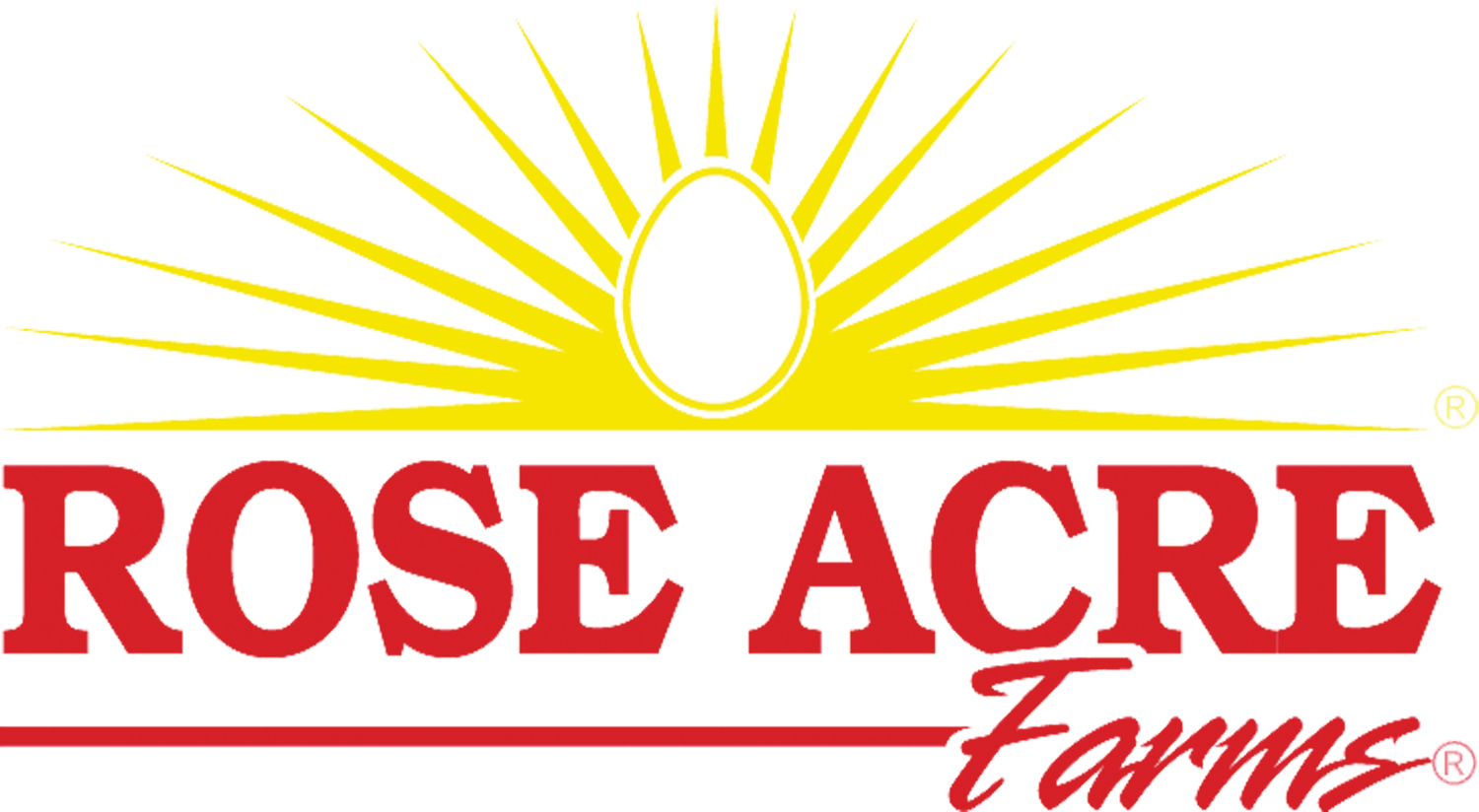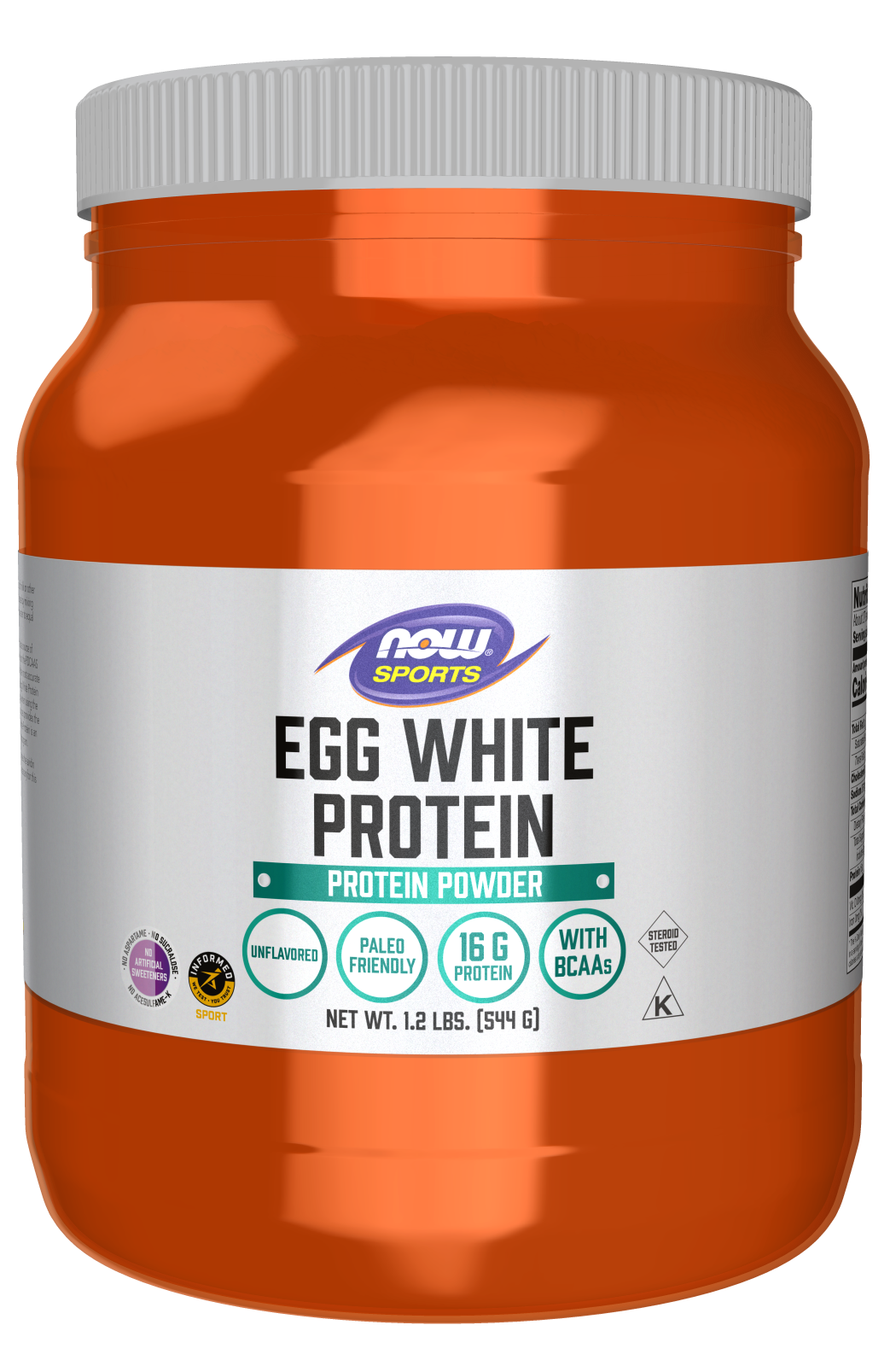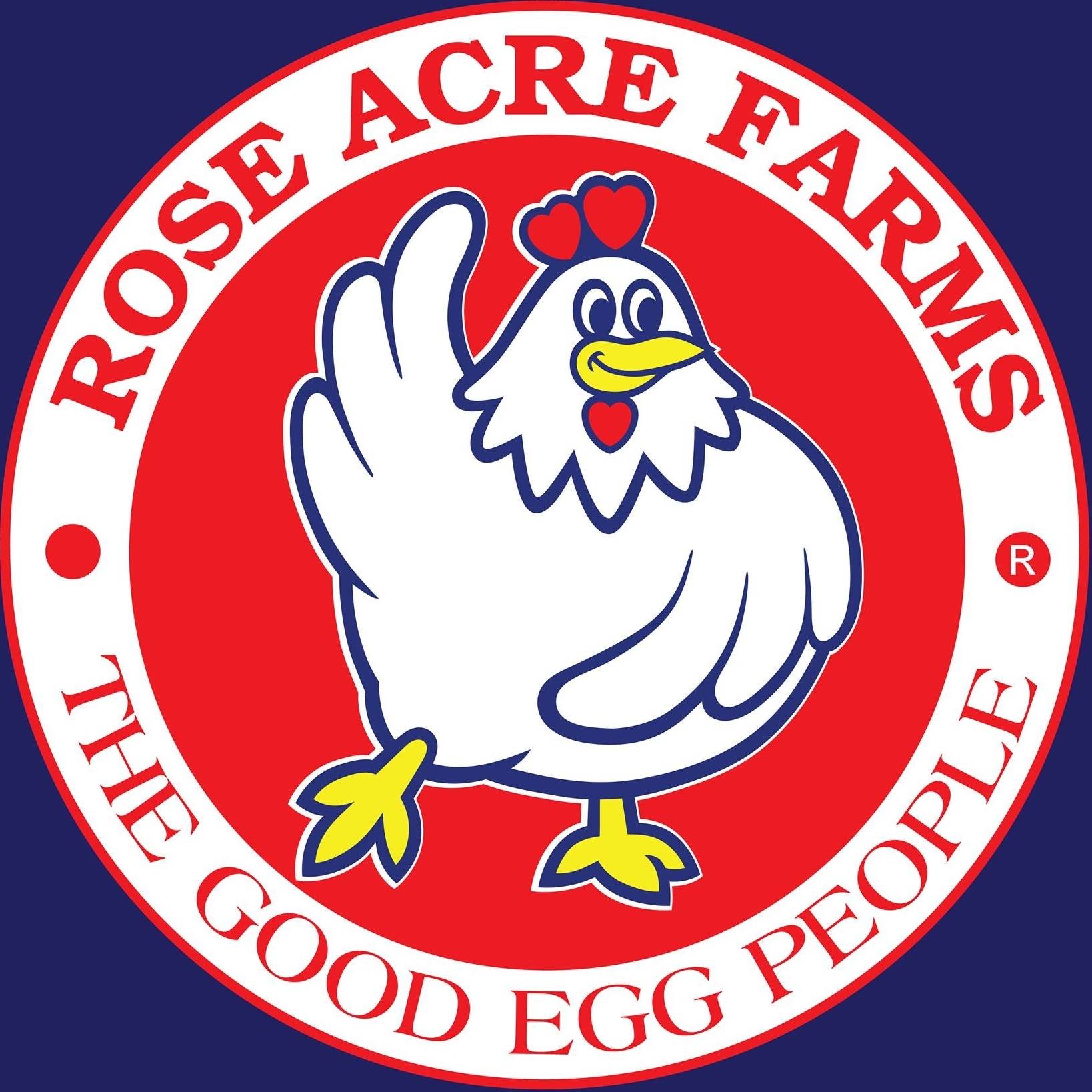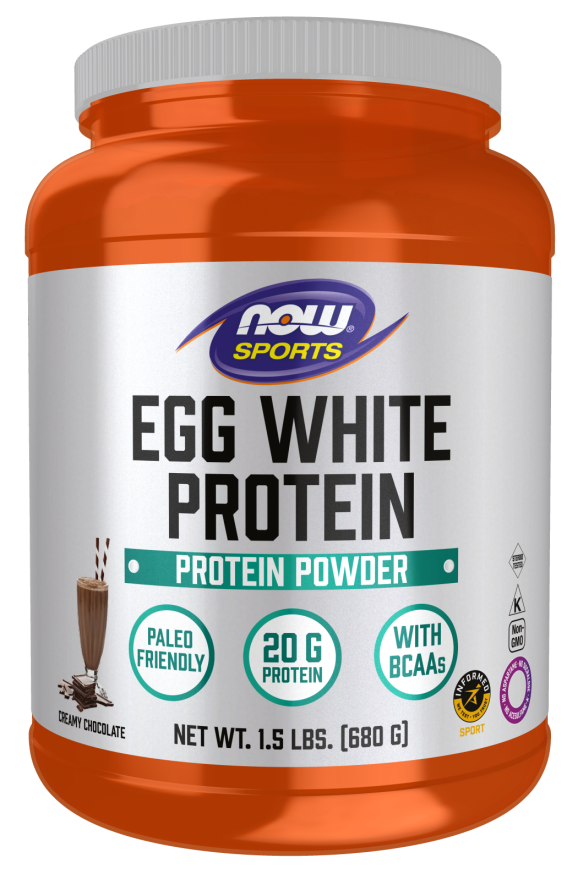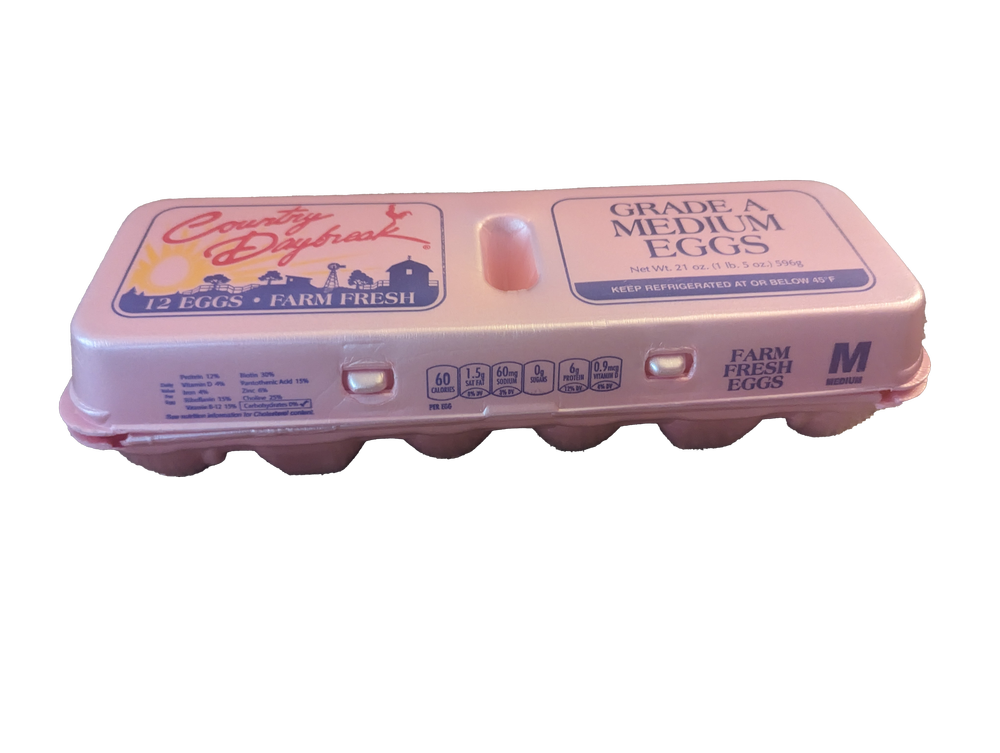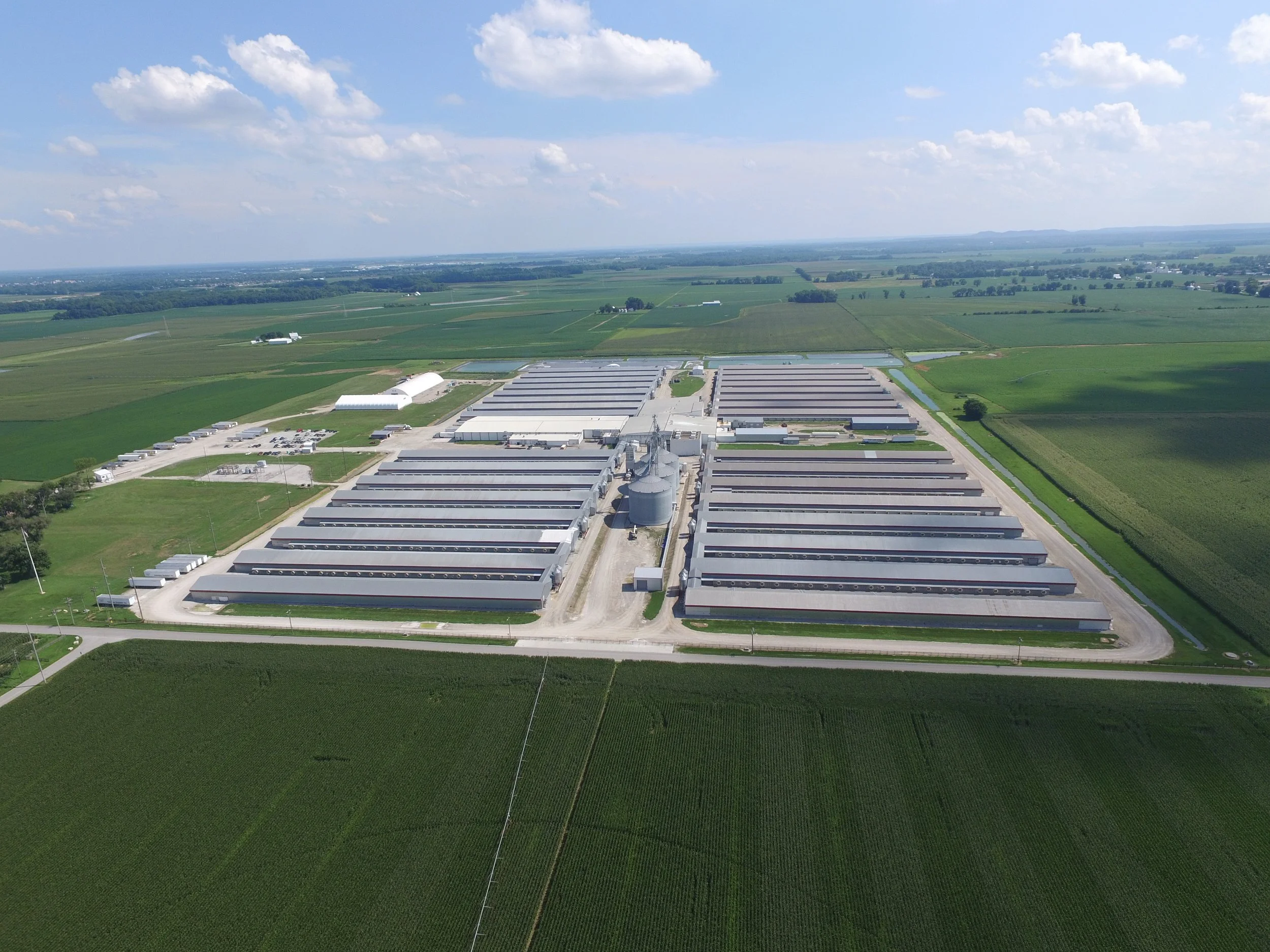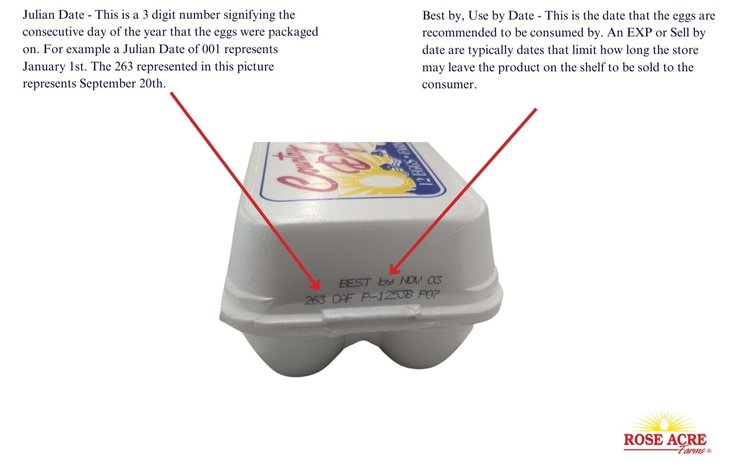Rose Acre Farms Egg White Powder
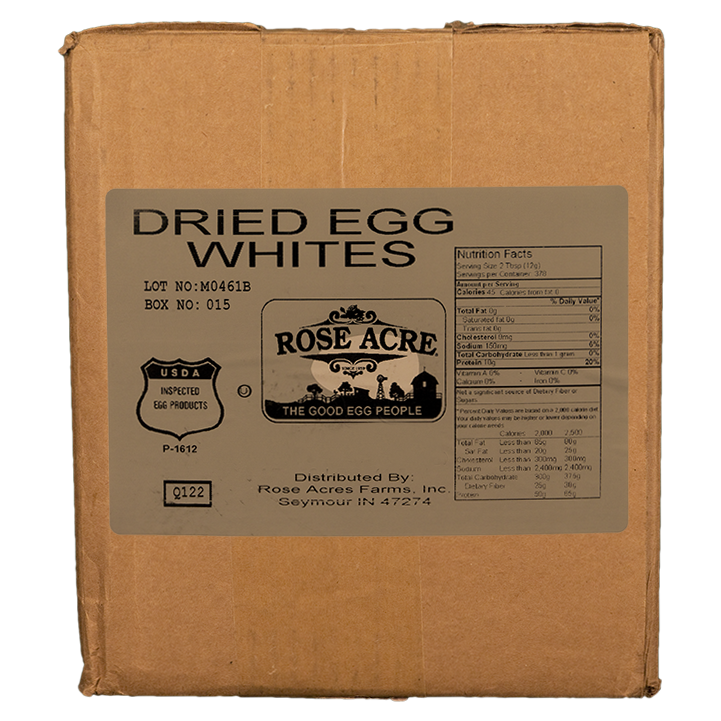
The egg white powder market, a seemingly innocuous segment of the food industry, is facing increased scrutiny as Rose Acre Farms, a major player, navigates a complex landscape of production standards, consumer demands, and evolving regulatory oversight. Concerns surrounding salmonella outbreaks, coupled with increased transparency in food sourcing, have placed a spotlight on the company's practices and the broader implications for the food supply chain. The industry is under pressure to adapt and rebuild consumer trust.
This article delves into the intricacies of Rose Acre Farms' egg white powder operations, examining its production processes, past controversies, and the measures being taken to ensure food safety and quality. It will also explore the broader market trends impacting the industry and the future outlook for egg white powder as a versatile ingredient in various food applications.
Production and Applications of Egg White Powder
Egg white powder, also known as dried egg whites or albumen, is produced by spray-drying liquid egg whites. This process removes moisture, resulting in a shelf-stable powder that retains many of the functional properties of fresh egg whites.
It is widely used in the food industry for its whipping, foaming, and binding capabilities.
Applications range from bakery goods and meringue to protein supplements and processed foods.
Rose Acre Farms' Role in the Market
Rose Acre Farms is one of the largest egg producers in the United States, and they have a significant presence in the egg white powder market. The company operates numerous production facilities across multiple states, supplying egg products to a wide range of customers.
Their large scale allows them to offer competitive pricing. This makes them a key supplier for many food manufacturers.
However, their size also means that any issues with their production can have widespread consequences.
Past Controversies and Food Safety Concerns
Rose Acre Farms has faced scrutiny in the past related to food safety issues, particularly salmonella contamination. In 2018, the company was linked to a nationwide salmonella outbreak, leading to a large-scale egg recall.
The outbreak resulted in hundreds of reported illnesses and raised serious concerns about the company's food safety protocols.
Following the outbreak, the FDA conducted inspections of Rose Acre Farms' facilities, revealing unsanitary conditions and potential pathways for salmonella contamination.
FDA Findings and Regulatory Actions
The FDA's investigation uncovered several deficiencies in Rose Acre Farms' food safety practices. These included inadequate pest control, insufficient cleaning and sanitation procedures, and a lack of effective measures to prevent salmonella contamination.
As a result of these findings, the FDA issued a warning letter to Rose Acre Farms, demanding corrective actions to address the identified deficiencies.
The company was also subject to a court order requiring them to implement enhanced food safety measures and undergo regular inspections.
Rose Acre Farms' Response and Corrective Actions
In response to the salmonella outbreak and subsequent regulatory actions, Rose Acre Farms has taken steps to improve its food safety protocols. These efforts include investments in enhanced cleaning and sanitation equipment, improved pest control measures, and employee training programs.
The company has also implemented more rigorous testing procedures for salmonella, both in their production facilities and in finished products.
Rose Acre Farms has stated its commitment to providing safe, high-quality egg products and has worked with regulatory agencies to address the identified issues.
Perspectives on Rose Acre Farms' Progress
While Rose Acre Farms has made efforts to improve its food safety practices, opinions on the effectiveness of these measures vary. Some industry experts believe that the company has taken significant steps to address the deficiencies identified by the FDA.
Others remain skeptical, citing the company's past history and the inherent challenges of maintaining food safety in large-scale egg production facilities.
Consumer advocacy groups have called for continued vigilance and stricter oversight of Rose Acre Farms to ensure that their products meet the highest safety standards.
Market Trends and the Future of Egg White Powder
The egg white powder market is influenced by several factors, including consumer demand for protein-rich foods, the growing popularity of sports nutrition products, and the increasing use of egg white powder as a functional ingredient in processed foods. The global market is projected to continue to grow, driven by these trends.
However, consumer awareness of food safety and sustainability is also increasing, placing pressure on manufacturers to adopt more responsible production practices.
Traceability and transparency are becoming increasingly important to consumers, who want to know where their food comes from and how it is produced.
The Impact of Consumer Demand for Transparency
The demand for transparency in the food supply chain is reshaping the egg white powder market. Consumers are increasingly interested in the origin of their food, the production methods used, and the environmental impact of farming practices.
This trend is driving manufacturers to adopt more sustainable and ethical sourcing practices, as well as to provide greater transparency to consumers.
Companies that can demonstrate a commitment to food safety, sustainability, and transparency are likely to gain a competitive advantage in the market.
Conclusion
The case of Rose Acre Farms' egg white powder highlights the challenges and complexities of ensuring food safety in a globalized food supply chain. The company's past controversies serve as a reminder of the importance of robust food safety protocols and effective regulatory oversight.
As consumer demand for transparency and sustainability continues to grow, Rose Acre Farms and other egg producers will need to adapt and innovate to maintain consumer trust and market share.
The future of the egg white powder market will depend on the industry's ability to address food safety concerns, embrace sustainable practices, and provide greater transparency to consumers.


